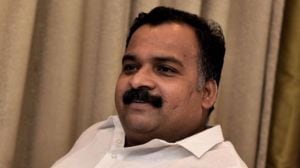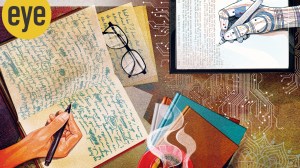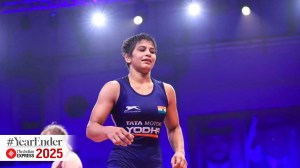Politics 038; language
What our list of unparliamentary words says about us
Parliamentary language is defined by good temper and moderation but unparliamentary language is notoriously hard to pin down. We know it when we hear it. No wonder the 900-page book of Unparliamentary Expressions,published by the Lok Sabha Secretariat,has swelled over the years,to accommodate old tensions and new sensitivities. It includes words considered unparliamentary in the Constituent Assembly debates,and those marked out by state legislatures and other Commonwealth parliaments.
Anything that asserts or insinuates corruption,incompetence or mendacity is strictly out of bounds,including Ali Baba aur 40 chor,420. Its also sweetly archaic you cannot address a lady chairperson as beloved chairperson in any circumstances.Darling is also unmentionable. The rodent world,including rats and bandicoots,is frowned upon. You cannot say angootha chhaap to insult illiteracy,or refer to someone as the downtrodden,and you cannot say radical extremist all terms that make unwarranted assumptions and constrict debate. This is like the term handbagging,which is on the list in many countries as a term that insults politicians who are women.
In Ireland,f- you was discovered not to be on the list,after Paul Gogarty used it in 2009. In 1971,the Canadian PM accused of having mouthed those words claimed he had actually said fuddle duddle a phrase that promptly entered the popular lexicon. Australian PM Paul Keating famously called opponent MPs painted,perfumed gigolos. Forbidden direct insult,British MPs in the Disraeli-Gladstone days refined the art of oblique obloquy. After all,no matter how exhaustive the conduct book,its impossible to keep pace with the ever-inventive insult.
- 01
- 02
- 03
- 04
- 05































